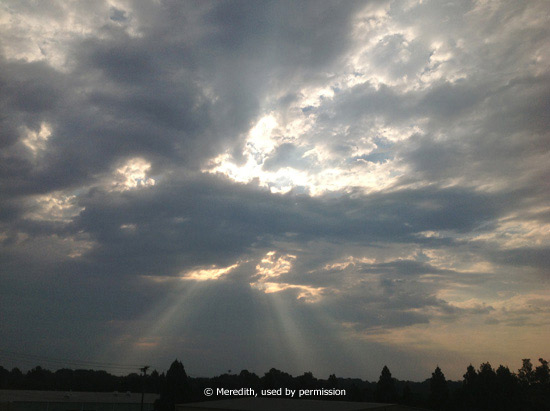
In the synagogue at Nazareth, the Lord Jesus introduced Himself with the most powerful, yet tender mission statement ever spoken.
“The Spirit of the Lord is upon me, because he hath anointed me to preach the gospel to the poor; he hath sent me to heal the brokenhearted, to preach deliverance to the captives, and recovering of sight to the blind, to set at liberty them that are bruised.” —Luke 4:18To the end of His life on earth, our Lord was faithful to this mission; the closing hours and days before His glorious ascension vividly portray His commitment and shepherd’s heart. Throughout the Gospels, we see Him drawn to people with different needs. We see Him pausing on His way back to heaven to preach, to heal, to release, to show, and to convince.
Poor in spirit (Luke 24:13–31)
On the road to Emmaus, the Lord Jesus drew alongside to preach the gospel of His salvation to two downcast disciples who were poor in spirit. His words helped them to piece together the prophecies and promises so diligently taught to them before His crucifixion. They needed to hear it again, and our Lord didn’t think two was too small an audience. With knowledge and authority, steadfastness and patience, His divine instruction lifted them out of despondency. How easy it is for us to forget the power of the gospel. Hearing Him transforms even our bleakest circumstance.
Lonely, broken heart (John 20:11–17)
Then there was weeping Mary Magdelene—not only left alone in the garden—but feeling truly alone in the world. Tears are the constant companion of the broken heart, and our Lord—yearning to wipe them away—drew near to her. Healing came with joyful recognition. The encounter was briefer than the one with the travelers, but the quiet comfort was lasting. And again, one was not too few for our Lord’s attention—even when His time was short.
Captive of the past (John 21:17)
A captive to his past, Peter, too, became the object of the risen Lord’s mission of mercy. Only a wide-open confession followed by a great commission could free the grief-stricken disciple from believing that his denial had cost him all future usefulness. He had to be singled out for grace. He needed to “taste” forgiveness. Peter: “Thou knowest that I love thee.” Jesus: “Feed my sheep.” Restoration given, the shackles fell off.
Wounded and doubting (John 20:24–29)
Perhaps we understand doubting Thomas, but wounded Thomas? The Lord understood that in the flesh, sometimes life’s wounds can cause a hard crust of doubt or unbelief to form. Feeling his trust had been betrayed, Thomas refused to hope and be disappointed. He put up barriers; yet Christ was patient with him. He presented Himself to be seen and touched. He set at liberty the one who was wounded.
Unconvinced multitude (1 Corinthians 15:6)
On one occasion He was seen by more than five hundred of His followers—seen not by one or two, but by many. The Lord made Himself recognizable. In the same way today, eyes see and hearts respond. We have all been blinded by discouragement, heartbreak, guilt, or doubt. Only a supernatural work can give us the vision to see He is there and to know that He will never not be there.
Christ’s mission was fulfilled. He was faithful until the very end of His earthly mission—even as He paused on His way heavenward.
How has the ministry of Christ impacted you?
Leave a Reply